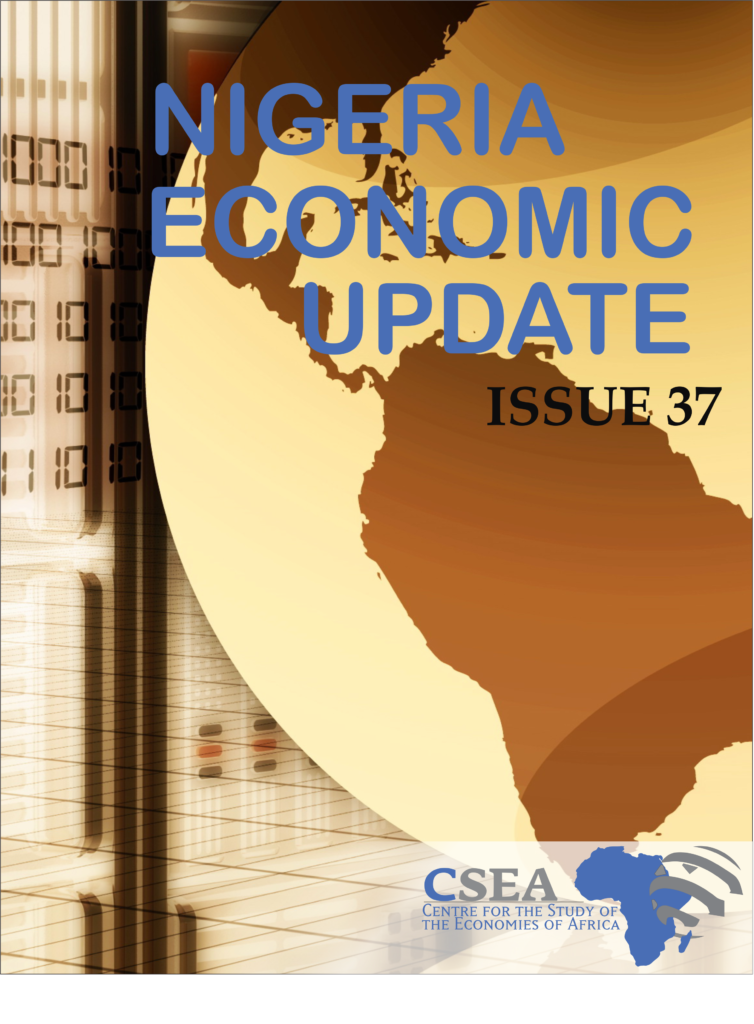The recent report by United Nations Development Programme (UNDP) shows that Nigeria’s Human Development Index (HDI) value rose very marginally from 0.530 in 2016 to 0.532 in 20171. However, overall, the ranking remained unchanged at 157th position out of 189 sample countries – putting the nation in the low human development category, and below Ghana, Kenya and a few other sub-Saharan countries. The HDI criteria which are broadly inclusive of countries’ social, political and economic diversity and indicative of the quality of life, may have shown limited progress in Nigeria due to rising population2 (currently, the population stands at 190.1 million). In the population growth and absence of the political will to address the sub-optimal HDI, signalled by the historic low budget share allocated to the education and health sectors, significant improvements in the HDI is not foreseeable in the near future.
Macroeconomic Report & Economic Updates

September 24, 2018
Nigeria Economic Update (Issue 37)
The recent report by United Nations Development Programme (UNDP) shows that Nigeria’s Human Development Index (HDI) value rose very marginally from 0.530 in 2016 to 0.532 in 20171. However, overall, the ranking remained unchanged at 157th position out of 189 sample countries – putting the nation in the low human development category, and below Ghana, […]
Read →
Related
Nigeria Economic Chart Pack (2016H1)
The Nigeria Economic Chart Pack is a graphical display of relevant and periodic data to capture trends in the domestic economy. The report aims to illustrate the changes in economic trends with the aid of descriptive charts and a short note that describes the trend and drivers for the graphs.
Nigeria Economic Update (Issue 6)
The
nations foreign reserves have been on a steady rise. In the review week,
reserves increased by $415.2 million from $28.3 billion on February 3, 2017 to
$28.8 billion on February 10, 2017. The increase is likely the
reflection of a sustained crude oil revenue complemented by moderating global
crude oil price and increasing domestic production. This should help strengthen
the ability of the CBN to foster forex liquidity, and thus help maintain
stability in the domestic forex market. If sustained, it should also help
improve the value of the naira overtime. Hence, the government should implement
proactive and effective policy strategies to, not only, sustain improvements in
oil revenue but also boost non-oil revenue.
